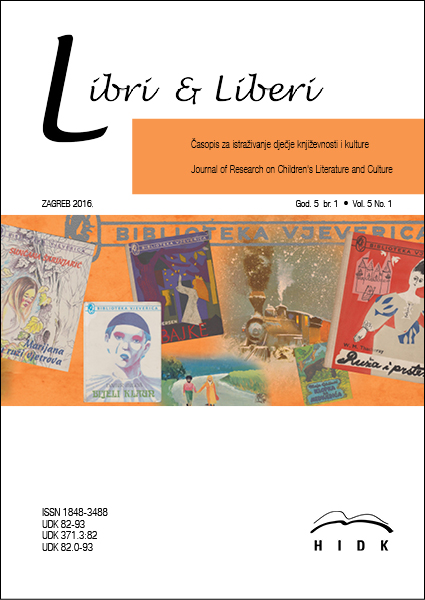Toward a Phenomenology of Transition: E.B. White’s Charlotte’s Web and a Child’s Process of Reading Herself into the Novel
Toward a Phenomenology of Transition: E.B. White’s Charlotte’s Web and a Child’s Process of Reading Herself into the Novel
Author(s): Peter CostelloSubject(s): Phenomenology, Theory of Literature
Published by: Hrvatska udruga istraživača dječje književnosti
Keywords: phenomenology; reader-response; Philosophy for Children; Edmund Husserl; E.B. White;
Summary/Abstract: This paper brings together phenomenology and a kind of reader-response criticism in order to explicate E.B. White’s famous children’s novel, Charlotte’s Web. The paper has three main parts. In the first, the paper highlights some important themes of Edmund Husserl’s work – i.e. perception, intersubjectivity, and temporality. In the second part, the paper relates the author’s act of reading the novel together with a young child, the author’s daughter, and foregrounds her own responses to the text. In the third, the paper presents what the author takes to be a new reading of White’s story by means of both the conversation with the child and the previously presented phenomenological concepts. In addition, the paper intersects with insights of the Philosophy for Children movement and with the development of its narrative of a community of inquiry.
Journal: Libri & Liberi: časopis za istraživanje dječje književnosti i kulture
- Issue Year: 5/2016
- Issue No: 01
- Page Range: 13-36
- Page Count: 24
- Language: English

